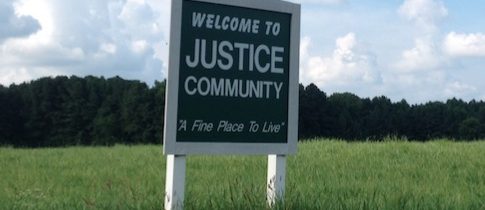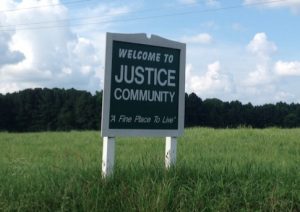Why We Should Embrace Justice Like A Child
What would it be like if everyone in a community embraced justice like a child? When someone made a mistake, they would acknowledge it, apologize, accept the consequences, and move on.
Children understand this concept.
But adults tend to make things complicated, for themselves and many others.
- Maybe you’ve seen a business leader hesitate and stumble when the media asks them a tough question about a problem at their company. This has the potential to destroy credibility.
- Maybe you’ve observed a politician flip flop their position on an issue when new facts are revealed. This has the potential to shatter believability.
- Maybe you’ve noticed an influencer on social media receive flack when they promote fake news or even negative news. This has the potential to demolish integrity.
So how should we respond when an accusation has been made about a topic we know to be true?
Always acknowledge the truth.
No matter how bad a situation might appear to be, it only gets worse if there’s a perceived cover up, or it looks like someone is lying, or worse it’s being completely ignored.
This reminds me of a quote by G.K. Chesterton that I highlighted in a previous Values Quote. When we mess up, it’s better if we act as children and embrace justice.
This is what makes for a great community.
———————————–
Today’s quote is from G.K. Chesterton, the popular English writer who was known as the “prince of paradox.”
A brilliant quote from Chesterton is:
“Children are innocent and love justice, while most adults are wicked and prefer mercy.”
Now that’s a convicting statement.
As a differentiating value, Justice means being just or fair; conforming with established standards or rules; or equitable.
For most of us, when we made some really bad choices as a child we accepted the consequences when we did something wrong. And we expected justice when our siblings did something wrong. I don’t know about your childhood, but I was reprimanded for not doing what I was told, like cleaning up my room. There were punishments for intentionally hurting my sister, or saying something mean or inappropriate.
But as adults, we should know the difference between right and wrong. It should be self-evident when we make a wrong choice, especially a really bad choice.
Yet, we hate it when we’re caught.
Instead of just acknowledging that we messed up, saying I’m sorry, and resolving to never do it again, many times we make it worse. We pretend we’re innocent and ignore the damage done. Maybe we even blame others, or worse pretend nothing happened, hoping it’ll just go away. But when the truth is revealed and we must face justice, it’s amazing how an adult can suddenly cry out for mercy in ways a child would never do.
When it comes to right and wrong and the need for justice, what I think Chesterton was suggesting is that we should all be like little children: acknowledge our mistakes, apologize, accept the consequences, and then move on.
———————————–









